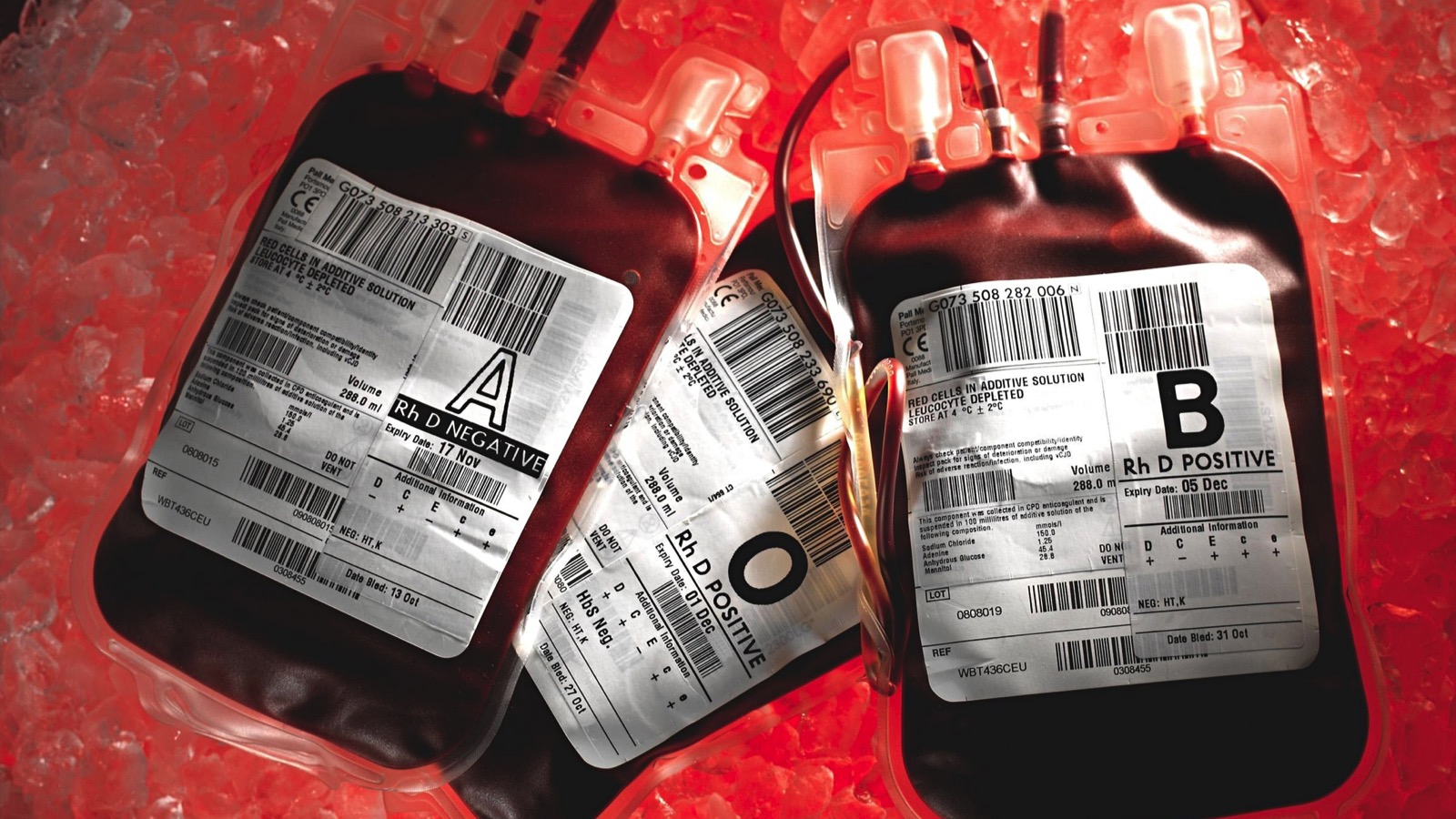Our last two adoption posts told the story of how we were matched with our new two-year-old daughter, Peyton. They also described Peyton’s medical condition, a blood disease called “thalassemia.” This particular condition is considered serious enough to warrant expedited status by both the Chinese and United States governments, who must approved immigration and travel documents before we travel.
Our greatest concern, as we finish documents and raise funds for this adoption, is that Peyton may not be receiving medical care she needs. Children with beta thalassemia major require a transfusion approximately every three weeks. While Chinese doctors are well-trained, they face a growing problem that alarms us, shortages of blood.
On December 3, 2015, Beijing Today, an English-language news service located in China’s capital, described the situation many Chinese doctors and hospitals are trying to overcome. It said, “Beijing News reported that Beijing’s hospitals are short on blood for three to four months every year. When there is not enough blood, hospitals can only make sure patients most in need get access to blood first. But other patients have to rely on a system called ‘mutual assistance blood donating’ which allows patients’ family and friends to donate blood. Blood sellers make money based on the system. They recruit people online to pretend to be patients’ family and friends to donate blood; then in turn, blood sellers ask patients’ family to pay. The money the family pays is two to three times higher than the sellers pay the donors… Faced with a serious blood shortage, hospitals and doctors feel powerless and don’t know what to do. ‘It’s not just in Beijing, the whole country is in need of blood,’ Ton Chongrong, deputy director of a blood center in suburb Beijing, told Beijing News.” (1)
Given the dire shortages of blood and the fact that orphans do not have family members to donate blood for them, Peyton may be at high risk for not receiving the transfusions she needs in a timely fashion. We’ve also been told that she is not taking any regular medications, which means she is not receiving the iron-reduction drugs that are critical to a thalassemia patient, putting her at risk for heart and liver failure. Although we’ve been assured she is not in decline, we feel very anxious when we think about our little girl being at risk for serious complications or not receiving blood she needs.
We’re expected to travel to China in May or June, so we’re making large fee payments to government agencies now as they process our immigration and travel applications. If we’re unable to fund the trip, we’ll have to wait another month, perhaps more, until we can bring Peyton home. Please consider praying for us and even making a financial donation. Every bit helps. We’ve received a $3,000 matching grant from Lifesong for Orphans. The next $3,000 given will be matched by their donors. All donations made to Lifesong are tax-deductible. Click the “Give” button or link below and spread the word.
1. https://beijingtoday.com.cn/2015/11/blood-shortage-breeds-black-market/
